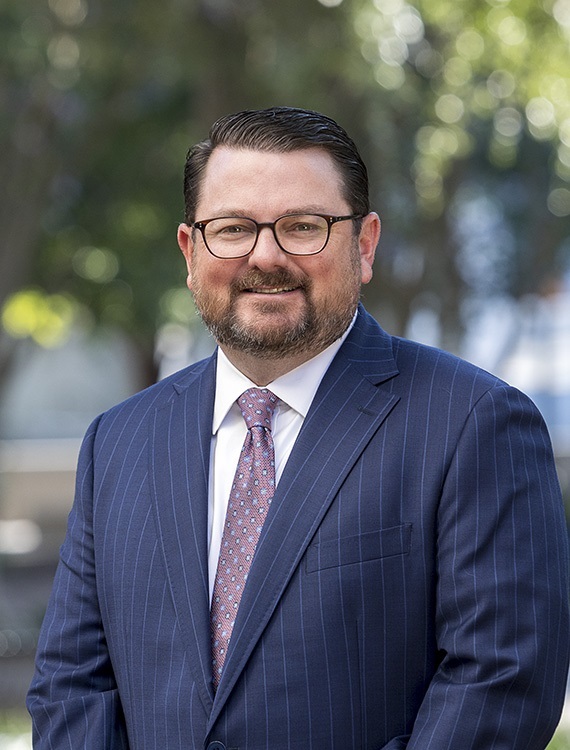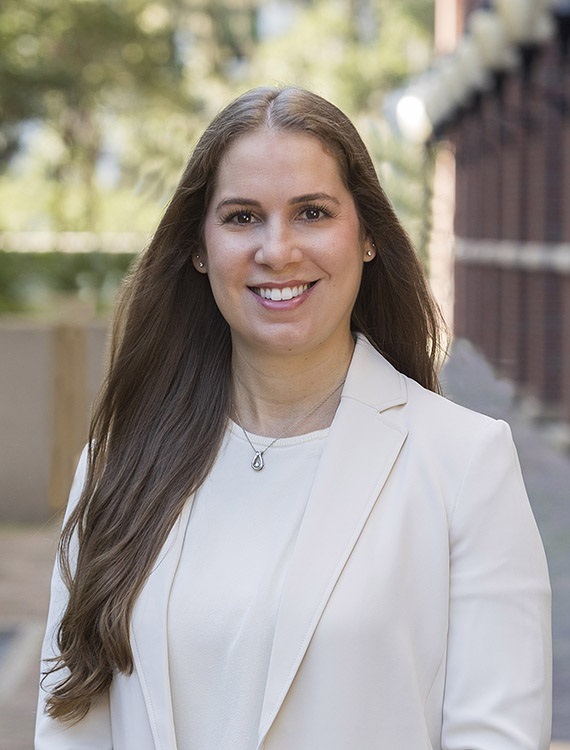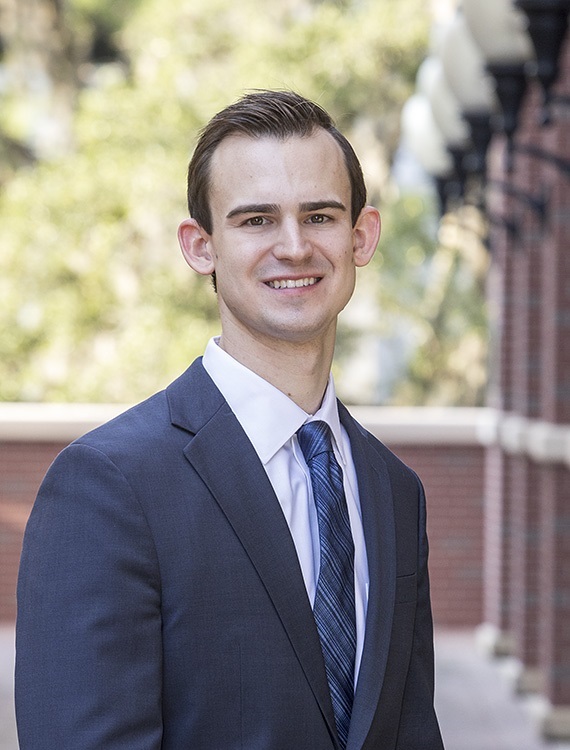Caution in deregulation
Don’t give insurers a blank check to raise rates without concessions
So Florida lawmakers want to deregulate property insurance rates to attract big private insurers to "hurricane land" and hold onto the ones threatening to leave. That may be one way out of the mire the Legislature’s gotten the state into by allowing the industry to write our property/casualty insurance laws.
The other possibility: Bid the private insurers farewell and self-insure everyone in Florida under a state-run pool like Citizens, already larger than any private insurer in the state, with 1.3 million policies. At this point, we won’t argue over which path would take us closer to reliable coverage at a fair price. Either choice — caveats to follow — should be better than this mess we’re stuck in. Besides, the free marketers seem to be in control at the state capital anyway.
Just to catch you up on what "mess": Citizens, which hasn’t had a rate increase in two years but should, lacks reserves to cover damages in the event of a devastating hurricane season like 2004 or 2005. Taxpayers are overexposed for that eventuality. Meanwhile, State Farm Florida, the largest private insurer, announced before the current legislative session that it intends to dump 1.2 million policies over the next two years because the Office of Insurance Regulation denied it a 47 percent rate increase. Scare tactics? Probably, and they seem to be working.
State Farm can’t be unhappy that bills in the House and Senate would deregulate rates only for well-financed companies like itself. (Folks aren’t calling it the State Farm Bill for nothing.) They could set them at whatever the market would bear. The only requirement, that the insured sign an acknowledgement they are buying an unregulated policy. The House version would go so far as to exempt holders of those pricier policies from the additional assessments the state requires after destructive storms. (That measure’s not in the Senate bill and should be killed. It favors wealthier property owners who could buy their way out of helping Florida recover from damages that exceed reserves.)
Backers of deregulation say it will increase competition that should drive down rates for homeowners’ policies. It could as easily lead to price gouging, although that’s less likely to occur if the state keeps Citizens a viable option for consumers. Lawmakers can assure that by passing a bill in committee now that provides for up to 10 percent per year increases in Citizens’ premiums.
The bigger concern is whether lawmakers will resist industry lobbyists and require more of private insurers in exchange for deregulating rates. For instance, it should deny them further access to the state’s catastrophe fund and put an end to big insurers cherry-picking lower-risk customers. It should also stop allowing the big insurers like State Farm who write property coverage in other states from setting up "pup" companies in Florida, conveniently structured so they can funnel huge profits to the parent companies in good years but aren’t allowed to tap the parent companies’ resources when claims exceed the pups’ reserves in this state.
If the Legislature wants to go down the unregulated rates path, OK. Customers would be free to choose the pricier policies, those of smaller insurers or opt for the state-run pool. Let’s see if deregulation works. But not without first leveling the field for consumers by ending these special favors to big insurers that let them take big profits, dodge claims and skip town whenever it’s time for them to pay for damages.












